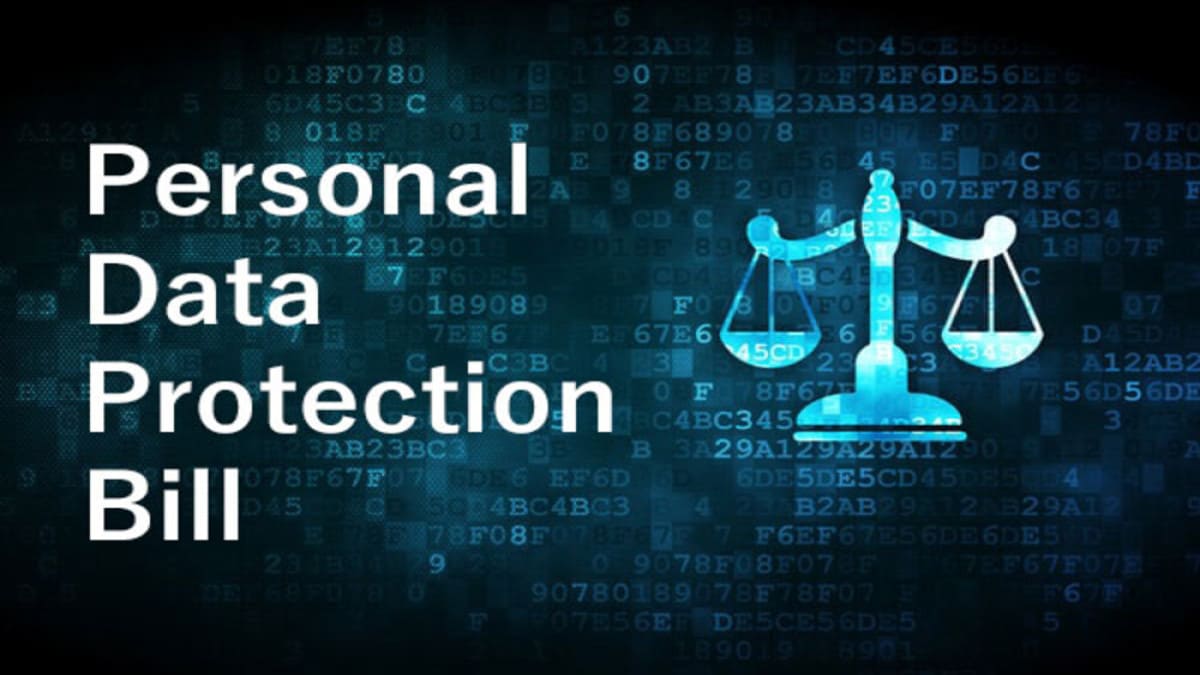The Data Protection Bill, 2022 of India is a piece of legislation that aims to protect the personal data of individuals in India. The bill was introduced in Parliament in January 2022 and is currently under review.
The bill sets out several key principles for the collection, storage, and processing of personal data. These include transparency, fairness, and accountability, as well as the rights of individuals to access and control their personal data. One of the main provisions of the bill is the creation of a new authority, called the Data Protection Authority of India (DPAI), which will be responsible for enforcing the provisions of the bill. The DPAI will have the power to investigate complaints, impose penalties, and order the destruction of personal data in certain circumstances.
The bill also includes provisions for the transfer of personal data outside of India, requiring that such transfers comply with certain security and confidentiality standards. In addition, the bill includes provisions for the creation of data protection officers, who will be responsible for ensuring that personal data is collected, stored, and processed in accordance with the provisions of the bill.
The Data Protection Bill, 2022 has been widely welcomed by privacy advocates and civil society organizations, who see it as an important step forward in protecting the personal data of individuals in India. The bill is currently being reviewed by a parliamentary committee, and is expected to be passed into law in the coming months.
As with any piece of legislation, the Data Protection Bill, 2022 of India has generated some controversy. Some of the main criticisms of the bill include the following:
- Certificate Course in Labour Laws
- Certificate Course in Drafting of Pleadings
- Certificate Programme in Train The Trainer (TTT) PoSH
- Certificate course in Contract Drafting
- Certificate Course in HRM (Human Resource Management)
- Online Certificate course on RTI (English/हिंदी)
- Guide to setup Startup in India
- HR Analytics Certification Course
• The bill has been criticized for being too broad in scope and potentially affecting a wide range of activities, from journalism to research. Some have argued that the bill could stifle innovation and creativity by imposing too many restrictions on the use of personal data.
• The bill has also been criticized for being too vague in some areas, particularly with regard to the powers of the Data Protection Authority of India (DPAI). Some have argued that the DPAI will have too much discretion in interpreting and enforcing the provisions of the bill, potentially leading to abuses of power.
• The bill has also been criticized for not adequately addressing the issue of data localization, which requires that certain types of personal data be stored on servers located within India. Critics argue that this could be costly and burdensome for businesses, and could potentially lead to the creation of “data silos” that would hinder the free flow of information.
• Finally, the bill has been criticized for not adequately addressing the issue of “purpose limitation,” which requires that personal data be collected and processed only for specific, explicitly stated purposes. Critics argue that this could be difficult to enforce and could potentially lead to abuses of personal data.
Overall, the Data Protection Bill, 2022 of India has generated a range of opinions and debate, with some seeing it as a positive step forward for privacy protection and others expressing concerns about its potential impact on businesses and individuals.
- Certificate Course in Labour Laws
- Certificate Course in Drafting of Pleadings
- Certificate Programme in Train The Trainer (TTT) PoSH
- Certificate course in Contract Drafting
- Certificate Course in HRM (Human Resource Management)
- Online Certificate course on RTI (English/हिंदी)
- Guide to setup Startup in India
- HR Analytics Certification Course

